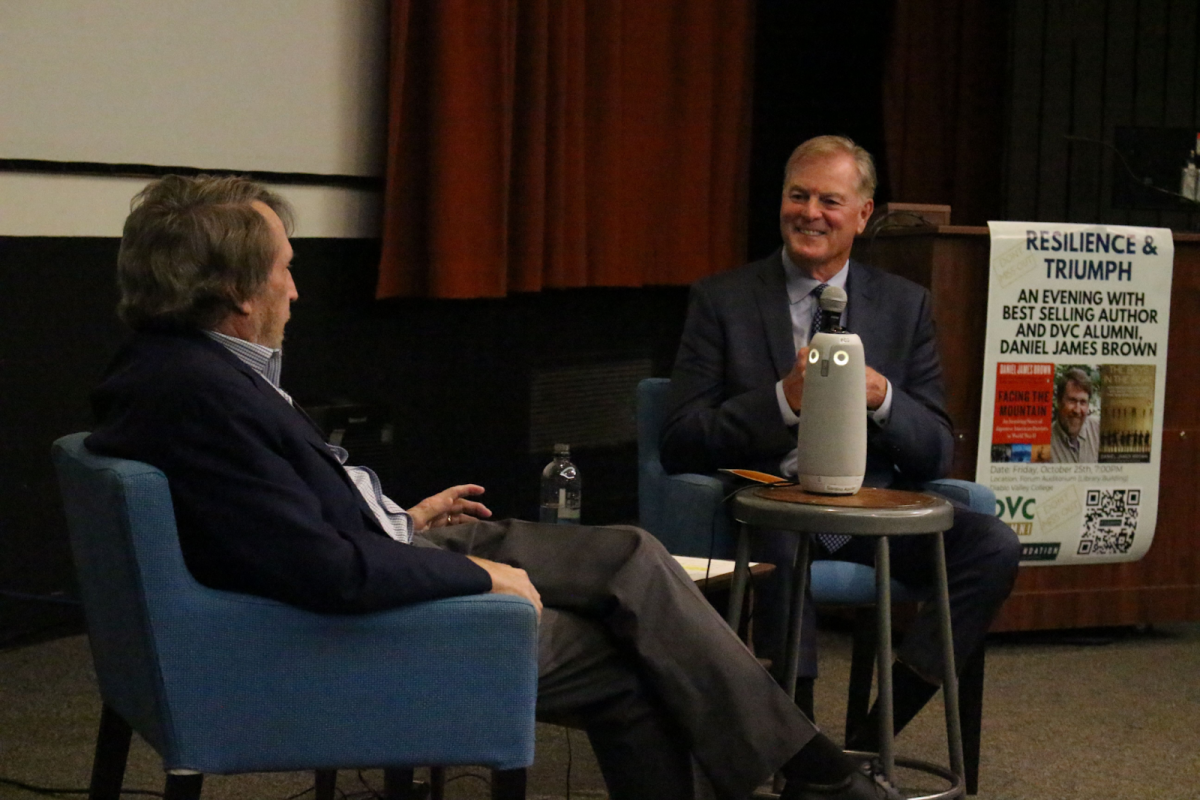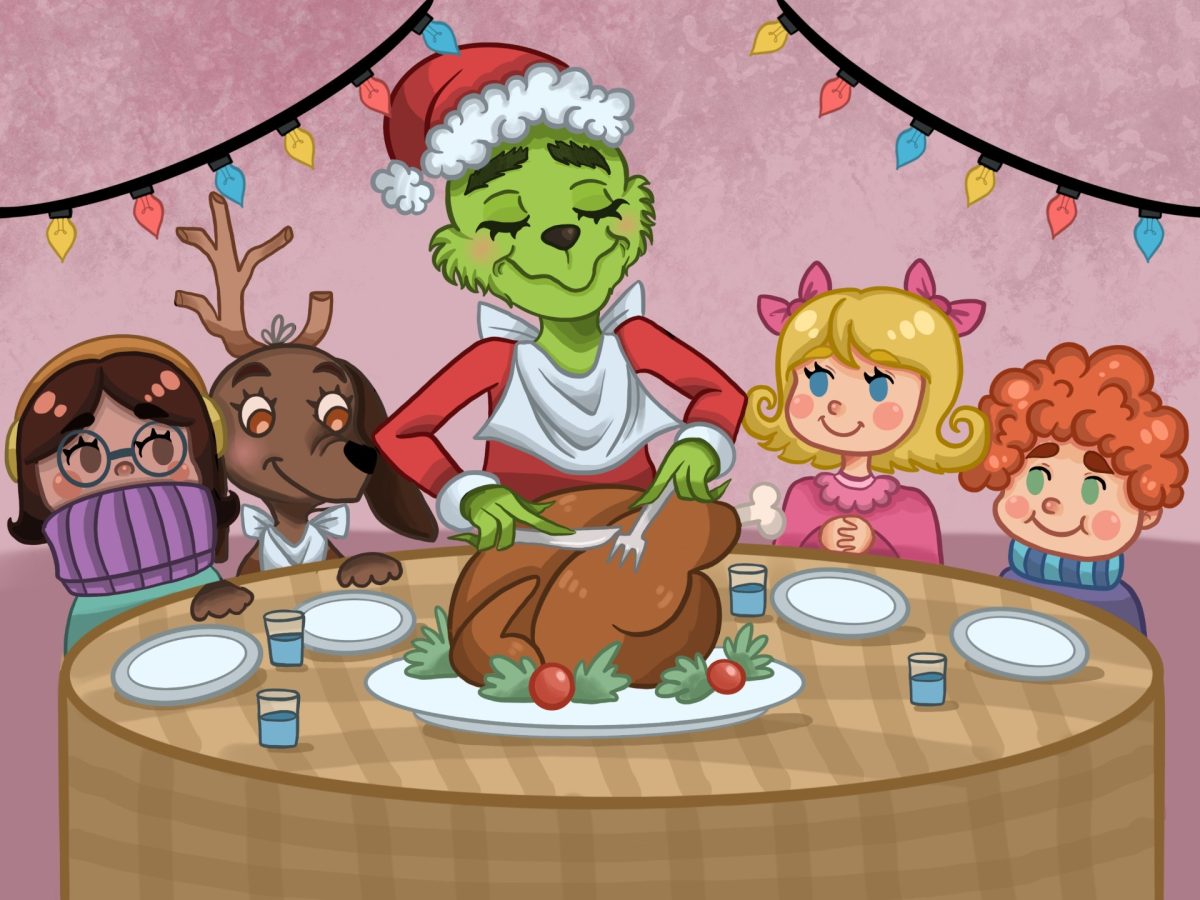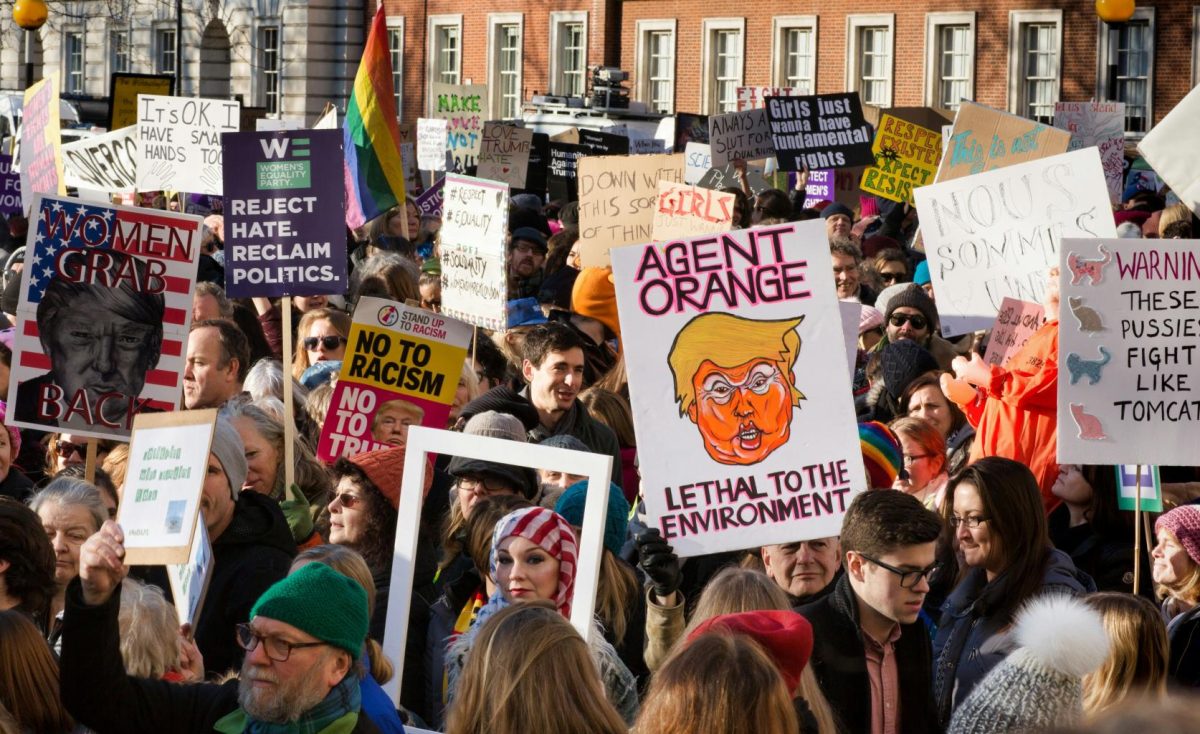Luther College Classics Professor, Philip Freeman, is not alone in his feeling that the meaning of St. Patrick’s Day has been lost. Several DVC students majoring in subjects from psychology to mathematics share Dr. Freeman’s view that the meaning of the holiday is no longer alive and well, but rather has been replaced with an excuse for drinking alcohol.
Freeman is author of the 2004 biography of St. Patrick titled “St. Patrick of Ireland” in which he puts to rest some common misconceptions about the origin of St. Patrick’s Day and the life of Ireland’s patron saint.
A New York Times review of the book quotes Freeman from “St. Patrick of Ireland” shedding light on the popular myths surrounding his life, “Driving the snakes out of Ireland, entering contests to the death with pagan Druids, using the shamrock as an aid to explaining the Trinity – all these are pious fictions created centuries later by well-meaning monks,”
But what was the original intent of celebrating St. Patrick’s Day? Freeman bemoans the ideological direction the holiday has taken and what it means to people now as opposed to what it implied in the past.
“For centuries it was just a religious holiday in Ireland. Then with the immigration of Irish to the big cities of America, it became a way of remembering and celebrating the old country. And in the last century it became a generalized holiday with fewer ties to Ireland,” Freeman said.
The general consensus among DVC students who were questioned about what St. Patrick’s Day means to them, reflects or confirms Dr. Freeman’s opinion on the March 17 holiday.
When asked “What does St. Patrick’s Day mean to you?”, most DVC students responded with indifference to the holiday’s significance.
“It’s not much except you wear green so you don’t get hit by like ten people or get pinched,” said Heather Pinkston, Mathematics, 19.
Laura Tyren, Psychology, 25 replied concisely, “Green beer.”
When asked about his views on St. Patrick’s Day as “the beer holiday”, Dr. Freeman spoke on what St. Patrick would think if he were he alive, “(St.) Patrick would be shocked and disappointed at such a holiday to celebrate him. I’m sure he enjoyed a pint himself from time to time, but he was a modest man whose life was devoted to serving God, not having a party,” Freeman speculated.
25-year-old Sports Medicine major, Aaron Rueda, talked about what St. Patrick’s Day means to him, “Growing up, I knew it as a holiday where mostly my friend’s parents drunk a lot or what not, ’cause they’re Irish and I had a lot of Irish friends growing up. And then going into the military St. Patrick’s Day was just another excuse to drink and I think the whole concept of St. Patrick’s Day is somewhere lost in there ’cause we as Americans don’t really know too much about our own holidays… I’m not entirely sure what the holiday actually means for myself, you know, but I’m pretty sure somewhere in there (it became) lost behind the fact that it’s another excuse to drink.”
Rueda concluded, “There probably is a really good holiday behind (St. Patrick’s Day) with a meaning but I think for most Americans it’s just lost on us.”
Chloe Quinones-Crosby and Danielle Barcena contributed to this article.












































































